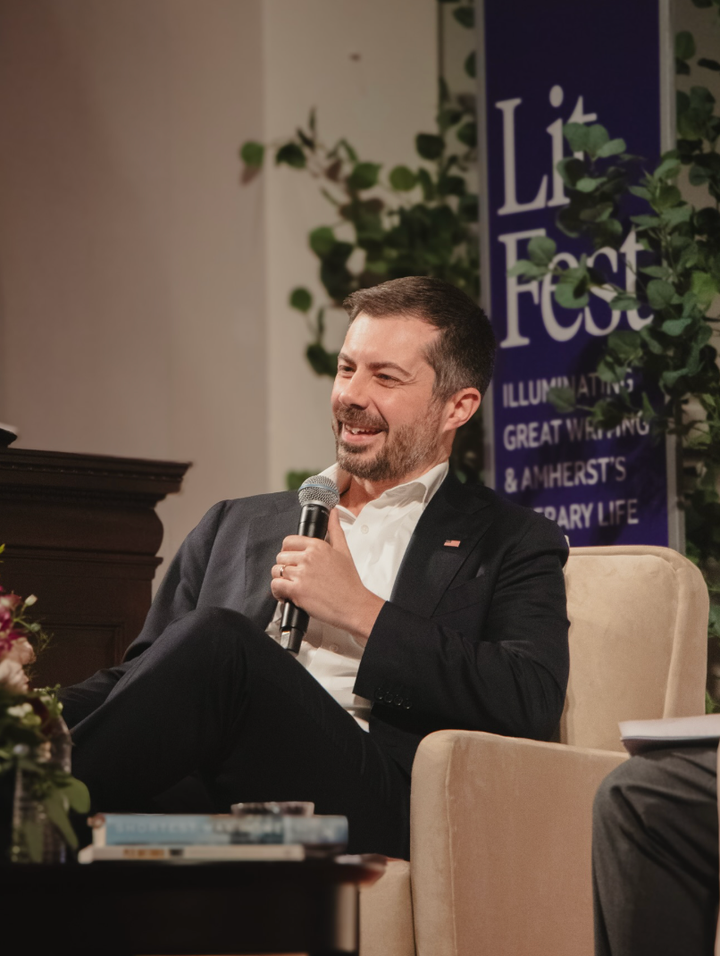Is "All Star" The Greatest Song Ever?

I have a friend with whom I often argue about music. This friend of mine knows everything there is to know about music theory and is quick to judge the merits of different pop songs using this knowledge. He describes music in terms of how it sounds. In this way, I think he represents the vast majority of people who talk about music; people point out particular instruments, time signatures or lyrics to explain why they like any particular piece of music.
But something about the way people describe their opinions in music as founded on the sound or lyrics never sat right with me. I have a completely different philosophy. Music is an intensely emotional experience, not just because of the music’s content — it comes from the associations one has with the music.
I started listening to pop music in high school and immediately felt pressure to establish a musical identity. I started listening to Billy Joel religiously, partly because I heard “Piano Man” once and liked it, but also because no one else had called dibs on him yet. Since then, I’ve made Billy Joel a major part of my identity. When I hear a Billy Joel song, I am reminded of all the other times I listened to Billy Joel with friends and family. I have inside jokes about him with friends. I taught my younger sister to distinguish between the musical styles in his different albums. It is these moments of nostalgia that have made his songs sound that much better.
It’s a strangely intimate experience because I’m not really hearing songs anymore. Instead, I hear memories and feelings and an expression of myself. None of that has much to do with the style or substance of Billy Joel himself; had my life been a little different, my favorite musician might just as easily have been Kanye West or Madonna.
Music doesn’t exist in a vacuum. In fact, it’s often a highly social medium. The social experiences you associate with a song inform how much you enjoy that song far into the future. Now, you might take that to mean that every song has equal merit. After all, doesn’t every song have equal potential to be associated with good memories?
Wrong.
Smash Mouth’s hit song “All Star” is the archetypal meme song, a perfect combination of loud and cheesy, with way too much airtime yet seriously lacking in lyrical coherence. It’s famous appearance in Shrek (2001) would eventually complete its penetration of the world’s brain, combining popularity with a kind of sly countercultural bent, as if Smash Mouth is whispering into the listener’s year, “Yeah, we can’t believe we got away with it either.”
What all this means is that you’re guaranteed to get a reaction when playing it with other people. The social aspect of the song is what makes it the greatest piece of music ever written. No one ever listens to “All Star” passively, which is why I like to slip it into playlists. Upon hearing it, people either sing along without missing a word or complain mightily. On one occasion, I was at a red light with a friend, and “All Star” happened to pop up on my playlist. This friend refused to drive forward until I had skipped the song, even after the light had turned green. Perhaps the reason people react so energetically to Smash Mouth doesn’t have so much to do with the song itself, but because they also have memories of people reacting to the song and subconsciously reenact those memories in the present.
Music is more than just sound — it’s the memories and feelings which those sounds impart are what give music its meaning and quality. Your music says a lot about your identity, and the music a person prefers says a lot about how they see themselves. I’m not saying that anyone is listening to or discussing music in the wrong way. But in addition to thinking about the technical or audio qualities you like most in songs, try thinking about what associations make those songs appealing.
Or you could just go back to arguing why your music is the best, in which case this article has hopefully armed you with the Facts and LogicTM to argue why your music is objectively better than your friend’s. Unless your friend likes “All Star,” in which case, I’m sorry to say, just take your finger and your thumb and make the shape of an “L” on your forehead.





Comments ()